Probe finds devices ‘booby-trapped’ before entering Lebanon
Lebanon's mission to the United Nations says an initial investigation by Lebanese authorities has found that the telecommunication devices that exploded this week were "booby-trapped" before they entered the country.
The blasts occurred on Tuesday and Wednesday, claiming the lives of 37 people and wounding more than 3,000 others when communication gadgets were targeted in electronic warfare by the Israeli regime against members of the Lebanese resistance movement Hezbollah.
"Initial investigations showed that the targeted devices were professionally booby-trapped... before arriving in Lebanon, and were detonated by sending emails to the devices," the mission said in a letter.
Lebanon's mission censured Israel for the deadly assault and said the attack was "unprecedented in its brutality" and compromised diplomatic efforts to halt fighting in the Gaza Strip and south Lebanon.
It also called on the UN Security Council to condemn the attack ahead of an emergency session planned for Friday to discuss the blasts, in which Lebanese Foreign Minister Abdallah Bou Habib is expected to attend.
Thousands of pagers and walkie-talkies detonated as their users were shopping in supermarkets, walking on streets and attending funerals.
Hezbollah, whose members were among the casualties, blamed the attacks on Israel and pledged to retaliate against the regime following the deadly string of explosions.
Tensions between Israel and Hezbollah have incrementally escalated since the occupying regime launched a ruinous war against Palestinians in the besieged Gaza Strip in October last year, which has claimed upwards of 42,200 innocent lives, most of them women and children.
The two sides have on a near-daily basis exchanged heavy fire resulting in the loss of more than 600 lives on the Lebanese side.
Hezbollah Secretary General Sayyed Hassan Nasrallah said on Thursday that the deadly wireless device explosions by Israel amount to a declaration of war on Lebanon, vowing a harsh response to the regime.
Chinese Taipei launches investigation
Citing American and other anonymous officials, the New York Times reported this week that Israel had inserted explosive material into a shipment of pagers from Taiwan's Gold Apollo.
Gold Apollo head Hsu Ching-kuang denied producing the devices, pointing the finger instead at Hungary-based partner BAC Consulting KFT, which Gold Apollo had allowed to use its trademark.
Investigators in Taipei said in a statement on Friday that two people from Taiwanese companies were questioned as part of a probe into pagers that exploded in Lebanon.
Local media reported that the second person questioned was Wu Yu-jen, a representative connected to BAC Consulting KFT, who had set up a company based in Taipei called "Apollo Systems.”
"Our country takes the case very seriously," the prosecutors' office in Taipei's Shilin district said in the statement. "We instructed the Investigation Bureau's national security station to further interview two people from Taiwanese companies as witnesses yesterday."
The two witnesses were allowed to leave after multiple rounds of questioning.
"We will clarify the facts as soon as possible such as whether Taiwanese companies are involved or not," the office said.
It also said investigators had searched four locations, including in New Taipei City's Xizhi district, where Gold Apollo is located, and in Taipei's Neihu district.
Moreover, Chinese Taipei’s Economic Minister Kuo Jyh-huei told reporters on Friday that Gold Apollo's made-in-Taiwan pagers consisted of components that were "low-end IC (integrated circuits) and batteries.”
"These things would not explode," he said, adding that Gold Apollo had exported 260,000 pagers in the past two years and "there has never been an explosion.”
When pressed on the pagers in Lebanon, he said, “We can be certain that they are not produced in Taiwan."
Taiwanese Premier Cho Jung-tai also said that "the company and Taiwan did not directly export pagers to Lebanon."
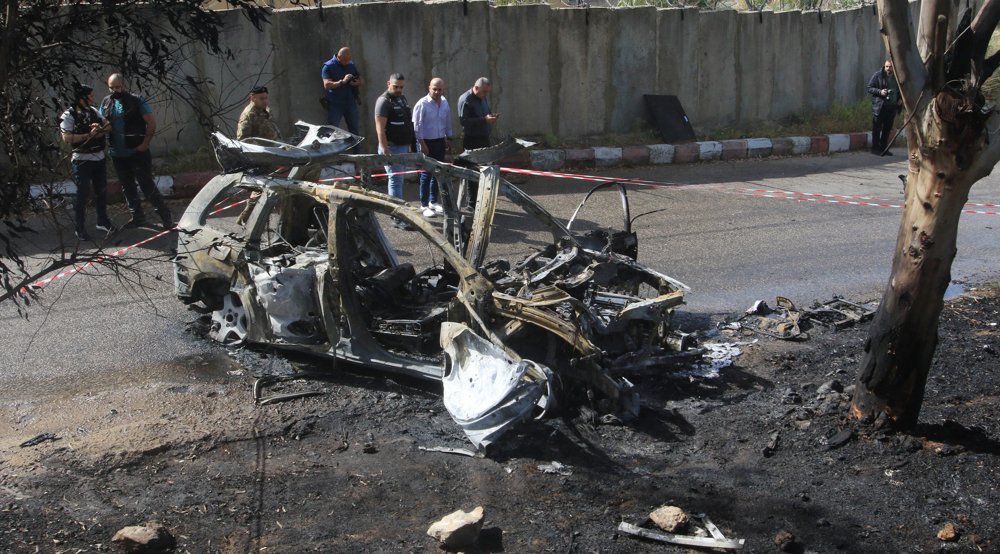
Hezbollah urges Lebanese govt. to act after Hamas-allied leader assassinated
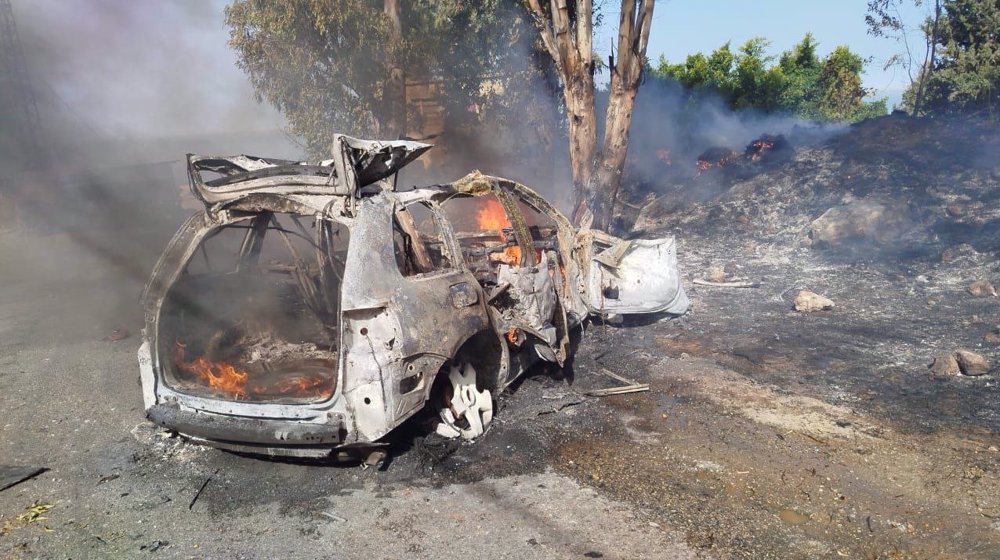
Senior Hamas-allied leader killed in Israeli drone strike south of Beirut
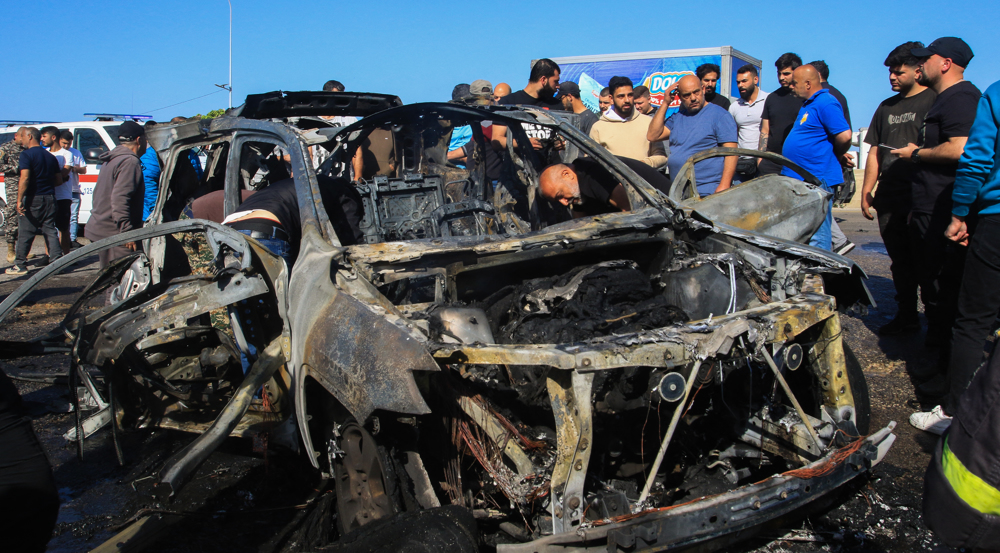
Israeli airstrikes kill at least two in southern Lebanon: Health officials
Cases of Esfandiari and Hazamy: France’s quiet war on Muslim, Iranian, pro-Gaza voices
Indonesia, Iran stress commitment to expanding relations
Israel threatens 'larger' war on Gaza with new evacuation orders
Senior diplomats from Iran, Russia, China hold talks with IAEA chief
Two US marines accused of raping Japanese women in Okinawa
VIDEO | Shahin Hazamy arrested primarily for his viral pro-Palestine social media posts: Filmmaker
Houthi: Bab al-Mandab, Arabian Sea closed to Israeli, US ships
India, Pakistan escalate tit-for-tat moves with military threats


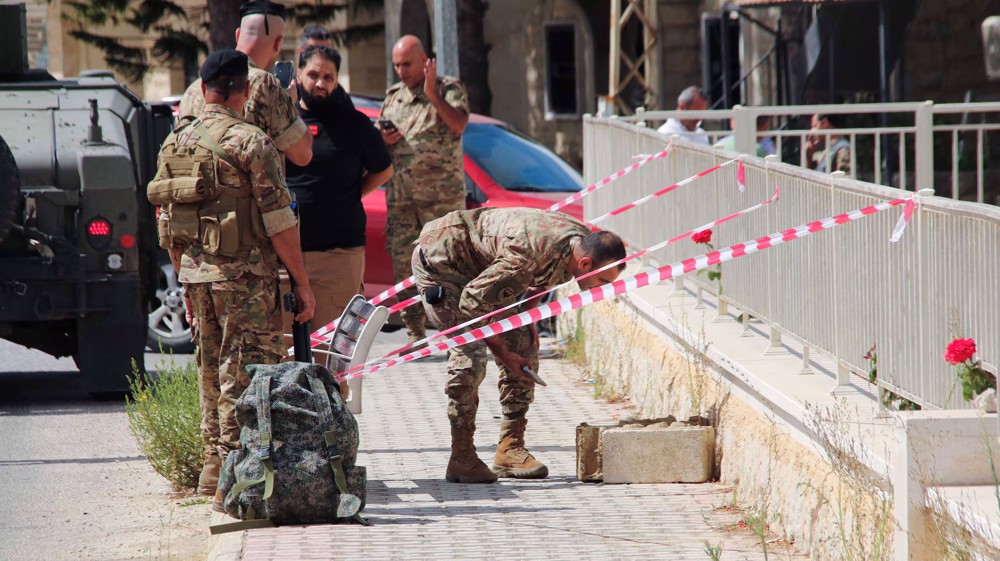
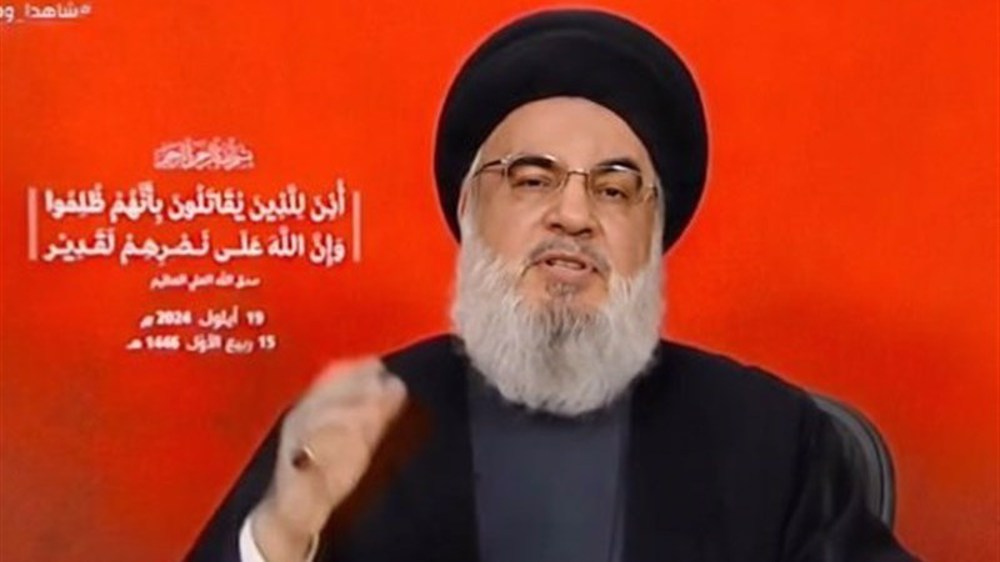




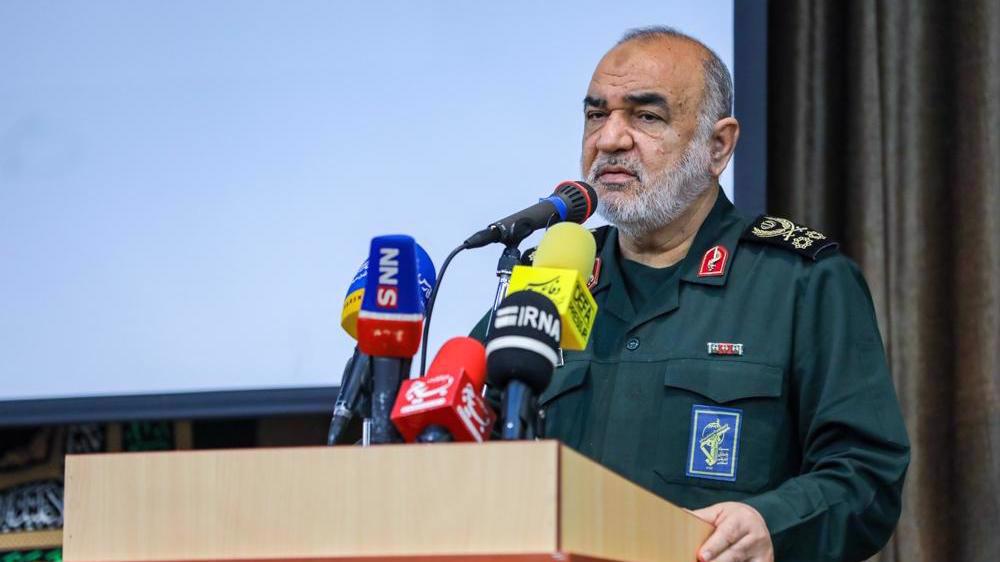
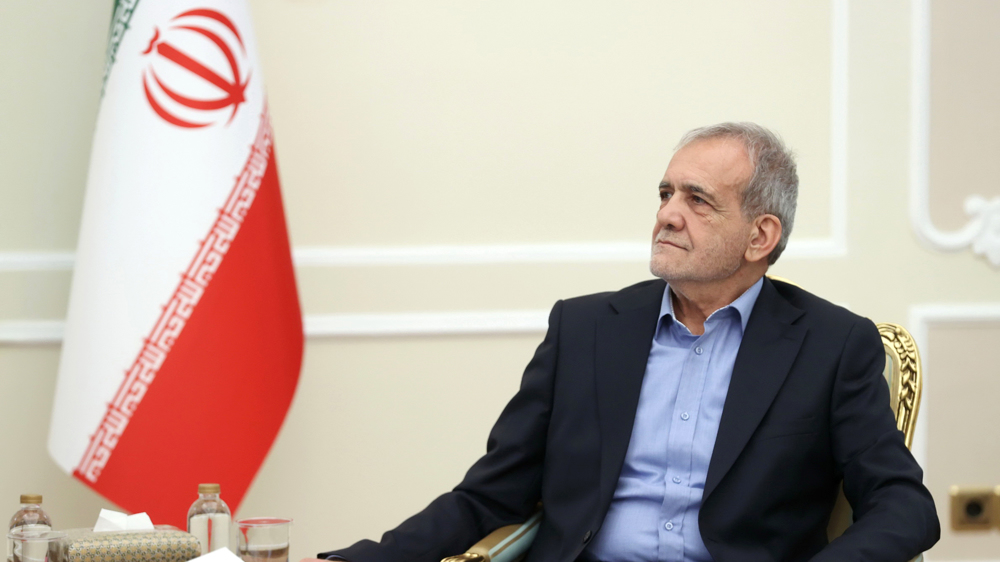
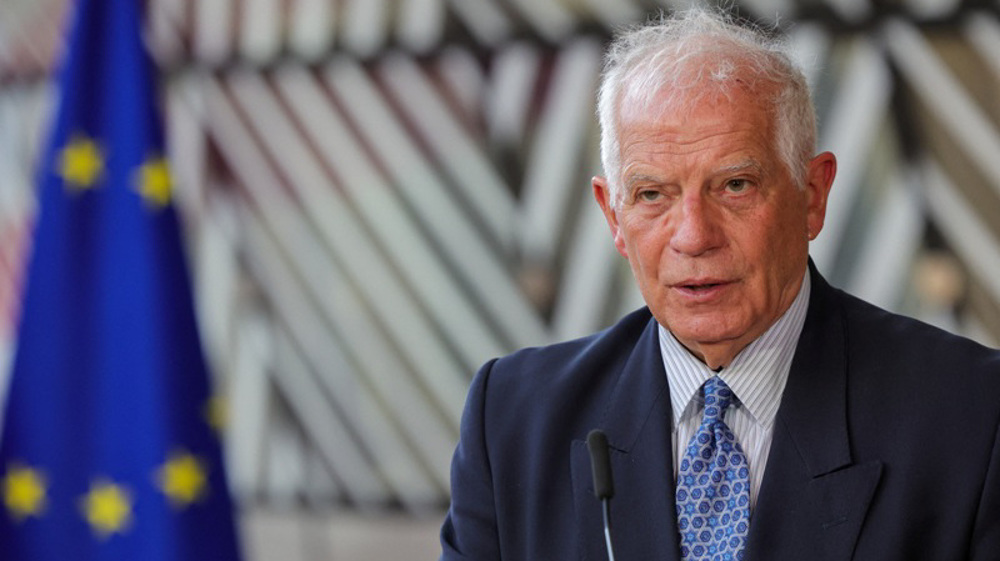

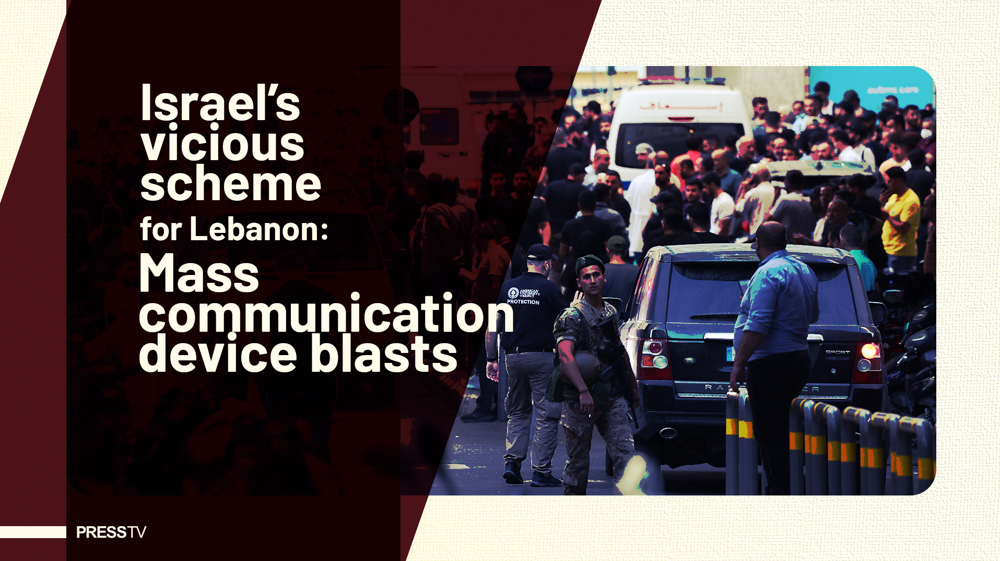
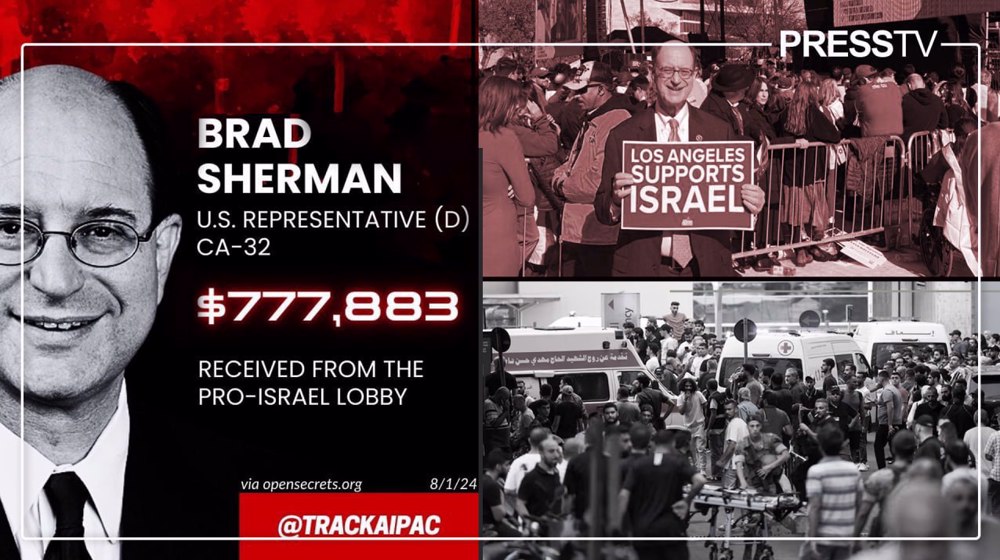

 This makes it easy to access the Press TV website
This makes it easy to access the Press TV website